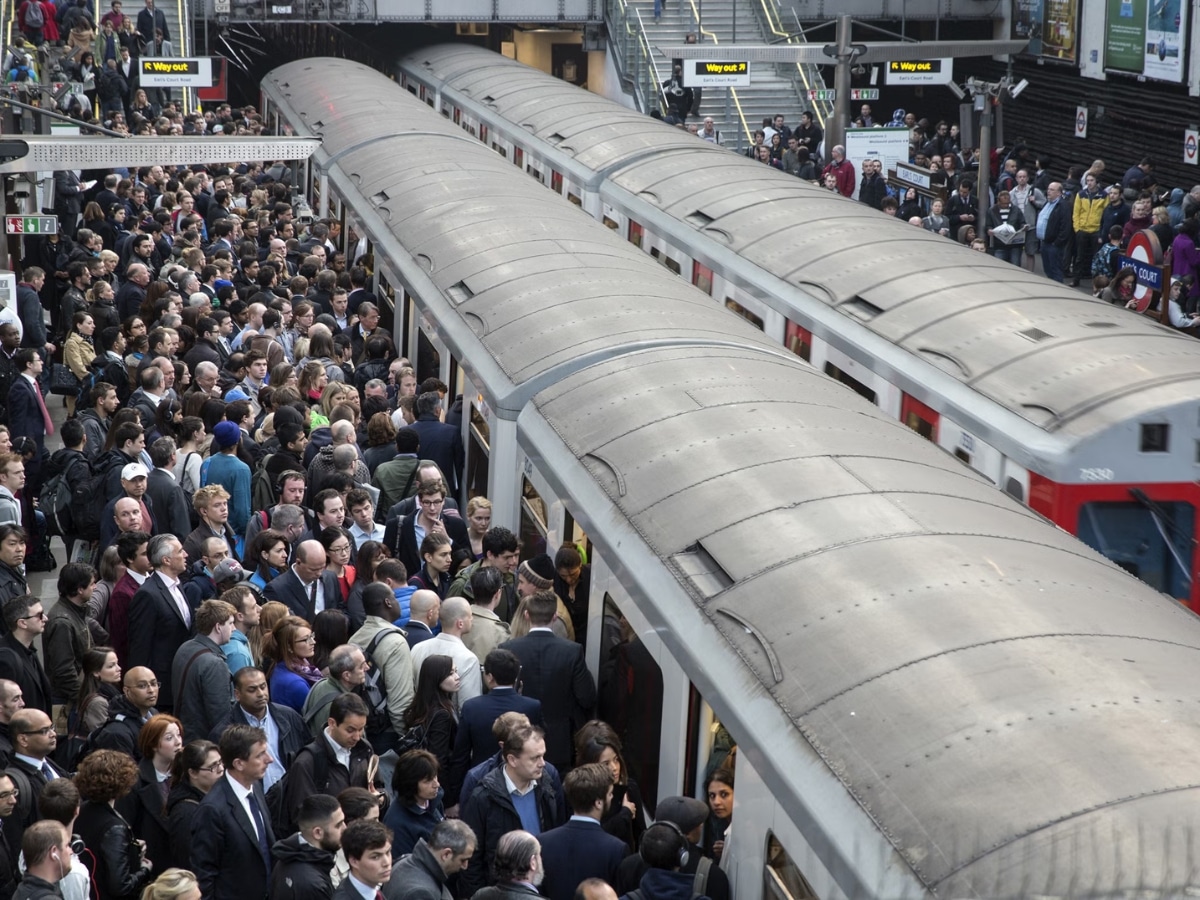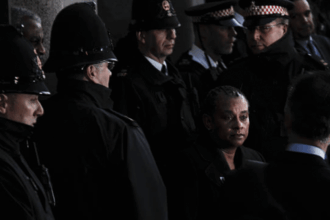Starting at 6pm today, Friday 5 September, tube union RMT will begin a new wave of rolling strike action. Currently, it’s set to last until Thursday 11 September.
Alongside this, a separate dispute over pay and conditions also sees Docklands Light Railway workers taking action from Sunday 7 September. The double-strike will cause significant issues for public transport across the nation’s capital.
‘Widespread anger and distrust’ led to the strikes
RMT issued a press release announcing the strikes back on 21 August. It gave details of its workers’ grievances, listing a lack of engagement with demands for pay, fatigue management and extreme shift patterns. The union also called out bosses’ failure to honour agreements they’d previously struck with staff.
The statement added that:
management’s dismissive approach has fuelled widespread anger and distrust among the workforce, who voted in overwhelming numbers to take strike action.
New RMT General Secretary Eddie Dempsey praised the union-members’ work, and stressed that their demands were perfectly reasonable:
Our members are doing a fantastic job to keep our capital moving and work strenuous shift patterns to make sure Londoners get to their destinations around the clock.
They are not after a King’s ransom, but fatigue and extreme shift rotations are serious issues impacting on our members health and wellbeing- all of which have not been adequately addressed for years by LU management.
‘Neither practical nor affordable’
We are committed to ensuring our colleagues are treated fairly and, as well as offering a 3.4% pay increase in our ongoing pay discussions, we have made progress on a number of commitments we have made previously.
We welcome further engagement with our unions about fatigue and rostering across London Underground, but a reduction in the contractual 35-hour working week is neither practical nor affordable.
It’s worth noting that RMT achieved its strike mandate before this 3.4% increase was floated. That’s below the current rate of inflation, which stood at 3.8% for the 12 months leading up to July 2025. The voting turnout was 57.5.%, with 6,004 in favour of the industrial action and 4,196 abstentions.
The Centre for Economics and Business Research calculated the potential cost of the strikes as a whopping £230 million blow to London’s economy – that’s a level of direct impact that TfL will struggle to just shrug off.
RMT have stated that they will continue to engage with underground bosses to seek a revised offer. However, with little movement from management, we’ll see little movement on the rails – as ever, the Canary’s solidarity goes out to the workers. We’ll see who blinks first.
Featured image via the Canary













